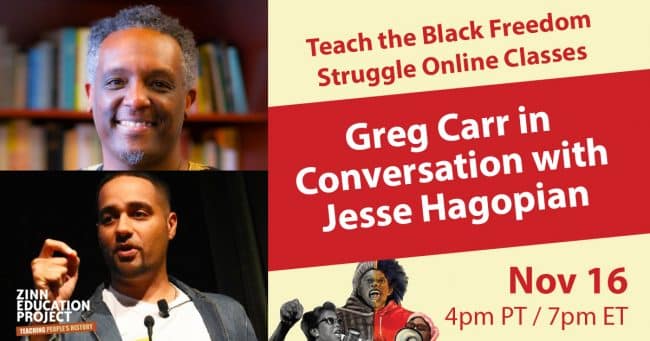
I greatly appreciated the audio and video elements of Paul Robeson that was incorporated into the discussion, really helped infuse the event with a true sense of the man himself. Dr. Carr’s encyclopedic knowledge was riveting and you just want to hear him talk and talk. Really great, thank you.
I really did not know about Paul Robeson before today, so the entire class was eye-opening for me. It made me question why it has taken me this long to learn about this influential American. I want to know why we are not teaching about Paul Robeson in our classes, so I want to discuss this with educators at my school site.
These are reflections from just two of the participants who joined the Teach the Black Freedom Struggle class on Paul Robeson, Political Outlaw: Lessons for Today from the Black Radical Tradition, featuring Dr. Greg Carr in conversation with Jesse Hagopian. Carr connected Paul Robeson’s life to contemporary political concerns by interrogating Paul Robeson’s struggles against fascism and for workers’ rights, his struggle against McCarthyism at home, and his wife Eslanda Robeson’s contributions to the Pan African struggle.
Video
Video of the full event, except the breakout sessions.
Resources
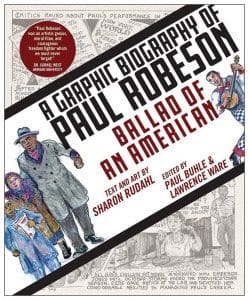 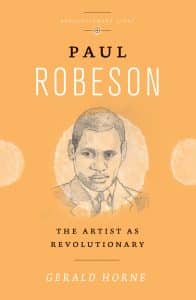 |
Books and ArticlesEslanda: The Large and Unconventional Life of Mrs. Paul Robeson by Barbara Ransby Ballad of an American: A Graphic Biography of Paul Robeson by Sharon Rudahl, edited by Paul Buhle and Lawrence Ware Paul Robeson: The Artist as Revolutionary by Gerald Horne “Forge Negro-Labor Unity for Peace and Jobs” a pamphlet of a speech delivered by Paul Robeson “Freedomways Issue from 1971,” a Robeson tribute |
|
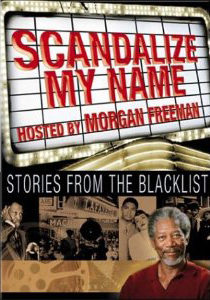 |
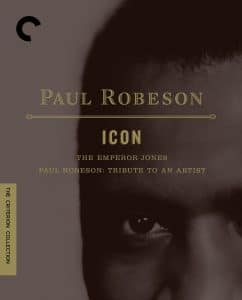 |
Films |
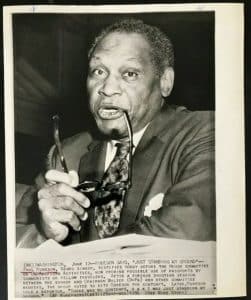 |
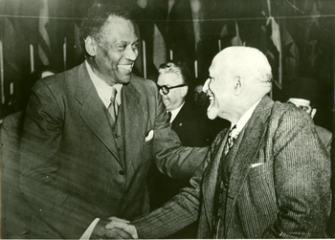 |
This Day in HistoryApril 9, 1898: Paul Robeson Born Oct. 14, 1916: Paul Robeson Excluded from Rutgers Football Team Sept. 4, 1949: Concert in Peekskill Attacked Dec. 17, 1951: “We Charge Genocide” Petition Submitted to United Nations |
Paul Robeson: On colonialism, African American rights
Participant Reflections
Here are some of the responses by participants from the session evaluation.
What was learned
Responses to the question: What was the most important thing (story, idea) you learned today and what may you do with what you learned?
I learned again of the multi-faceted greatness of one of the 20th-century giants! I will continue to evolve my knowledge of this remarkable human being.
All of the information was so enriching! I’ll try to integrate him into the role of athletes beyond athletics role with social justice. I will be using your platform to step up my game.
It’s a problem that the curriculum is too white-washed to truly help black and brown students in the classroom. I am in the process of changing the curriculum at the school I attend. (I am a sophomore in high school.)
Paul Robeson believed we can win, and that we don’t have to compromise on basic human rights! Believe we can win and fight cynicism.
Not surprisingly, I must say that Paul Robeson was largely absent from most history textbooks in my upbringing. I definitely appreciated this webinar and I’m eager to do some reading about Paul Robeson.
The multiple impacts of Paul and Essie Robeson. This was nearly my first exploration of these incredible ancestors. I will be reading more about Paul Robeson, and looking for ways to include their voices in the elementary classrooms.
I’m going to use what I learned tonight to motivate me to learn more about Robeson and then share my learning with my network, including current teachers.
I learned so much I didn’t know about the brilliance of Robeson and his wife! It will influence how I think about librarianship and teaching youth about them.
The class has me thinking beyond our borders in terms of solidarity & healing. I am a DEIB facilitator, it is always good to have more stories about those that came before.
Robeson’s role as a leader despite his “cancellation” by far-right McCarthyism. I’m currently doing a unit on unsung heroes, so this will be used soon in class.
Paul Robeson’s multifaceted identities and how we can teach students that people do not need to be one “thing” to be known. I am in the process of applying to grad school for social studies education and I am excited to use what I learned today in my future classroom and lesson plans.
Great to see so many educators keen to teach him and connect with people from all over.
I learned a lot about Paul Robeson; had heard of him but didn’t know a lot about him. I’m always looking for specific people/stories to share with students. I can see including Robeson in both my Cold War and Civil Rights studies.
I learned the most about the work of Eslanda Robeson. I’m going to incorporate her into my art and my class.
That nothing defined him but himself. I’m going to make sure I talk about him and encourage more research.
The background and role of Essie Robeson. It reinforces my teaching of labor history.
His unshaken solidarity with the oppressed. I will be teaching about Paul Robeson to my drama students.
Just how popular Robeson was and how/why the Black political elite turned their backs on him when his politics became too radical. I am not a teacher but I will get one of the books that were talked about on the call.
I don’t know where to begin — everything. The “we charge genocide” petition, Paul Robeson for beginners, this is what you’re up against and this is what we can transform. I need to build lessons with other abolitionist teachers, invite more people to these sessions, and stay in the struggle.
Dr. Carr’s wealth of knowledge is always the most important. I appreciated his zest and encouragement for seeking the truth for ourselves when it comes to liberation. I look forward to reading and sharing resources with parents and students.
Everything was amazing but I loved the clip at the beginning when Robeson speaks of the greatness of Africans. I loved that this exceptional person speaks of the commonness of African greatness. Continue to learn and teach.
I learned how to incorporate Robeson into the classroom in a way that connects to humanity. I will add this information into my American Studies 101 Genealogy of Black Struggle unit at Purdue.
I’m intrigued by the ways the Black elites moved away from him and his work as soon as the fear of communism gripped the country and the Red Scare provided an opportunity to the Civil Rights Movement to make legislative gains.
Dr. Carr made us feel as if we were walking down the street with Paul Robeson. I need to include this approach in my next presentation.
Understanding the connections of his impact in this country and across the world in all aspects of society. I plan on developing lesson plans for each grade level in the 3-8th grade school I work at to honor and celebrate him. Additionally incorporate him into the curriculum.
The connection with international labor movements. Keep looking for stories of untold influencers and be suspicious every time I don’t find the untold.
Brilliant history and insights of the life of Paul Robeson and Essie Robeson. Looking forward to exploring the resources mentioned tonight. Our breakout group discussed a question that surfaced with this thought. Q:”How do we operationalize Robeson’s life ideas?” Answers varied but included action days, mutual aid, etc.
Just the closeness of this history, the reality of Paul Robeson’s existence, his triumphant life, and that the struggle he fought is still to be fought today. It makes the reality of the fight even more real for me in my life today.
I learned about the disappearance of the most famous American in the world.
I appreciated the correlations between 1940s liberation movements and today’s protest for individual rights.
If you don’t think you can win, you shouldn’t organize. I am retired, I will tell my former colleagues how to access these ideas. Paul Robeson was a renaissance man. Important international figure. Sad that nothing is said in traditional schools.
That we need to identify the age of the historical figure at the time they perform the act. I am going to incorporate some pieces about Paul Robeson into my next unit in Ethnic Studies/Sociology.
His unshaken solidarity with the oppressed. I will be teaching about Paul Robeson to my drama students.
I am taking away so much: the resources, connecting with fellow educators, all the knowledge dropped by Dr. Carr.
All of the information was so enriching! I’ll try to integrate him into the role of athletes beyond athletics role with social justice.
Paul Robeson’s multifaceted identities and how we can teach students that people do not need to be one “thing” to be known.
The format
I liked it! I could listen Dr. Carr speak ALL day. Wow. Please bring him back next year!
Loved the presenters! The chat was lively, sometimes overwhelming. Enjoyed the breakout rooms.
Everything was extremely well done. Dr. Carr was animated, informative, humorous, etc.
I think the format was great. It left the participants hungry for more and I think that is a good thing.
This format WAS DOPE!!! I have been to so many ZOOM meetings but never to one that encouraged participants to connect. That was so amazing and lovely.
I loved the breakout groups and Dr. Carr and Jesse’s easy story-telling filled dialogue was engaging and delightful. The breakout groups still seemed short (there were 7 people in mine) but it was still a good conversation for the time we had.
The breadth of understanding of the speaker was huge. The connections drawn between global solidarity, economics, reparations, meaning a change to a system that works for all plus attention to the particular harm done to people, the flow.
I thought the interview format worked well. Breakout group size was good.
I liked the organic structure where everyone contributed to the conversation while observing other participants’ body language and their responses.
I personally loved the banter. It was 4:00 for me — I was screened out and a little brain dead. It was nice to just absorb and take notes instead of having to perform for my students online.
Loved the format — the breakout session got us talking to each other, but the plenary was excellent.
Additional comments
This was an absolutely amazing class! Thank you for organizing this.
Thank you 🙂 This was my first session and I can’t wait to attend more.
Was in a breakout group with Bill B, codirector of Zinn. That was super. Jesse is a star. And Deborah. HUGE FAN of Zinn. Dr. Carr was on fire tonight!
Thank you for providing this amazing guest speaker! I will look for more of these zoom sessions in the future.
Great event. Cannot wait for the next one. Learning is a lifelong experience. Always glad to be a student of the universe.
I would definitely attend another class and I will definitely donate to keep this work growing!
Thank you so much. It was wonderful to be here with Dr. Carr, Jesse, and all of you. Grateful to be a part of this.
Loved Greg Carr’s energy — proof that Zoom doesn’t squelch anything! I have to take a sabbatical to do all this reading!
Entirely worthwhile. Great work, Deborah and Teaching for Change and Rethinking Schools and Zinn Ed.
Looking forward to the resources so I can add to my book towers 🙂
Thank you Dr. Carr for being so generous with your immense intellect. I have learned from you for decades. I look forward to continuing to learn from you for decades.
Thank you so much for organizing this program! Much needed, appreciated, and well worth the time.
Always a great opportunity to expand my knowledge and that of my students/colleagues.
Thanks to Dr. Carr, all facilitators, and participants for their insightful contributions to the conversation.
Great to see so many educators keen to teach him and to connect with people from all over.
For me, this serves as a starting point to an exciting educational journey.
Presenters
Dr. Greg Carr is Associate Professor of Africana Studies, chair of the Department of Afro-American Studies at Howard University, and Adjunct Faculty at the Howard School of Law. Carr is co-founder of the Philadelphia Freedom Schools Movement and an advisor for the Zinn Education Project’s Teach Reconstruction campaign.
Jesse Hagopian is a teacher, author, activist, and a Zinn Education Project writer and organizer. He previously taught Ethnic Studies and was the co-advisor to the Black Student Union at Garfield High School in Seattle. Hagopian is an editor for Rethinking Schools, the co-editor of Teaching for Black Lives, and editor of More Than a Score: The New Uprising Against High-Stakes Testing.

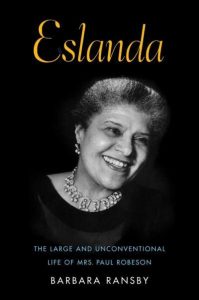
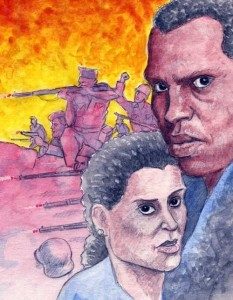
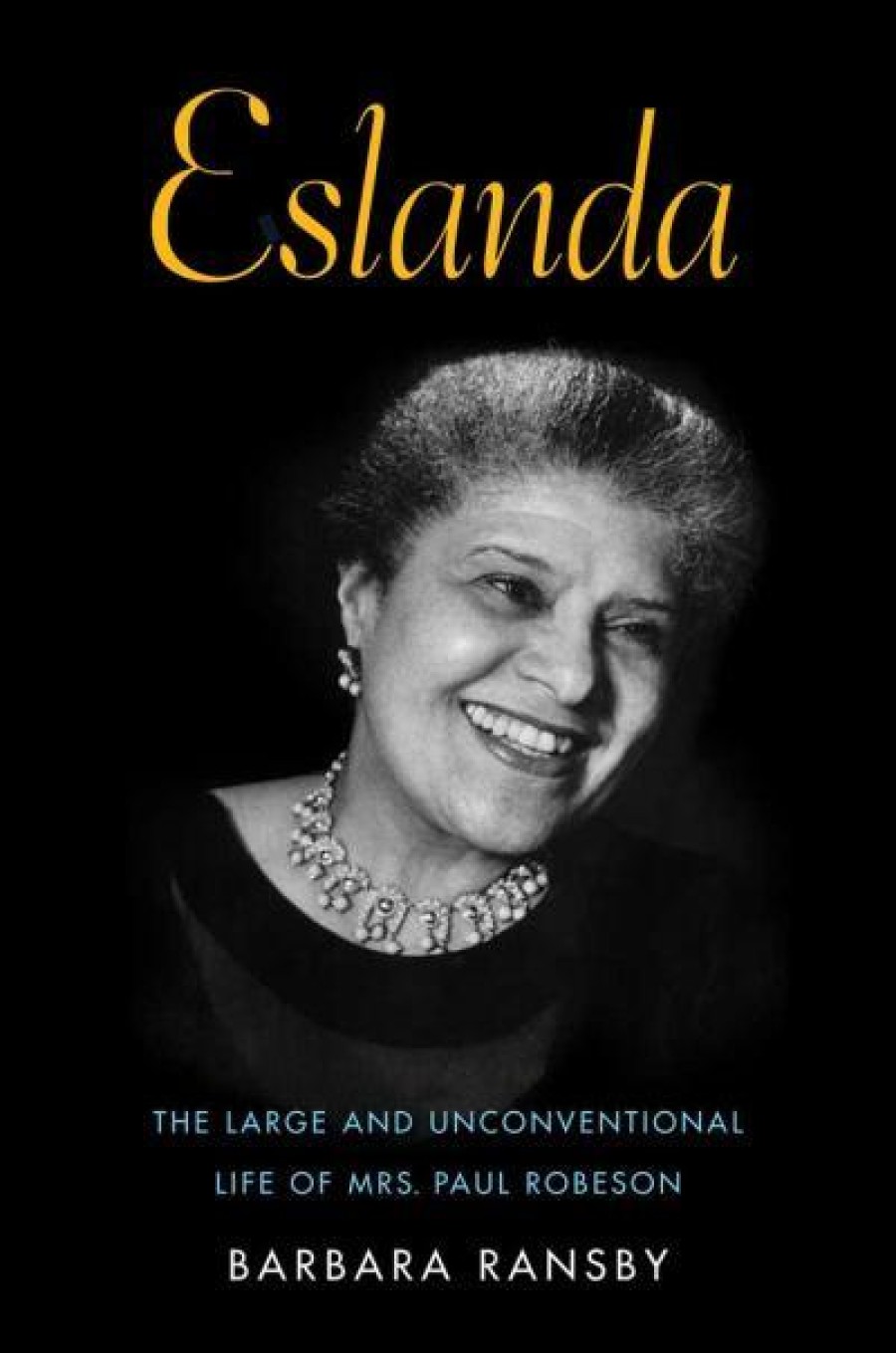

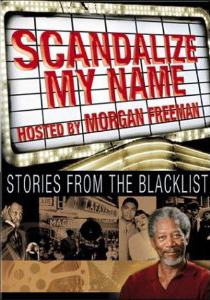
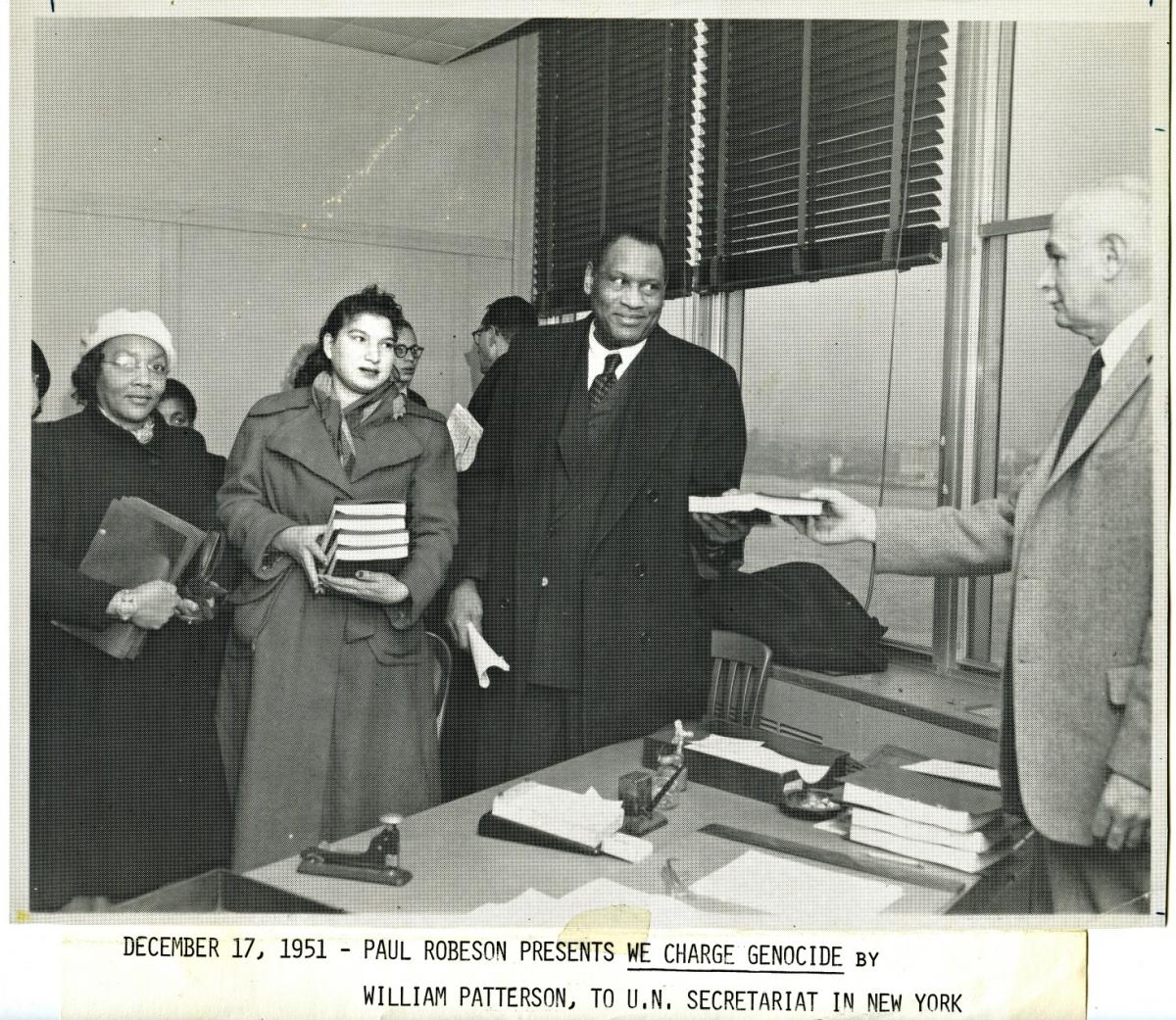
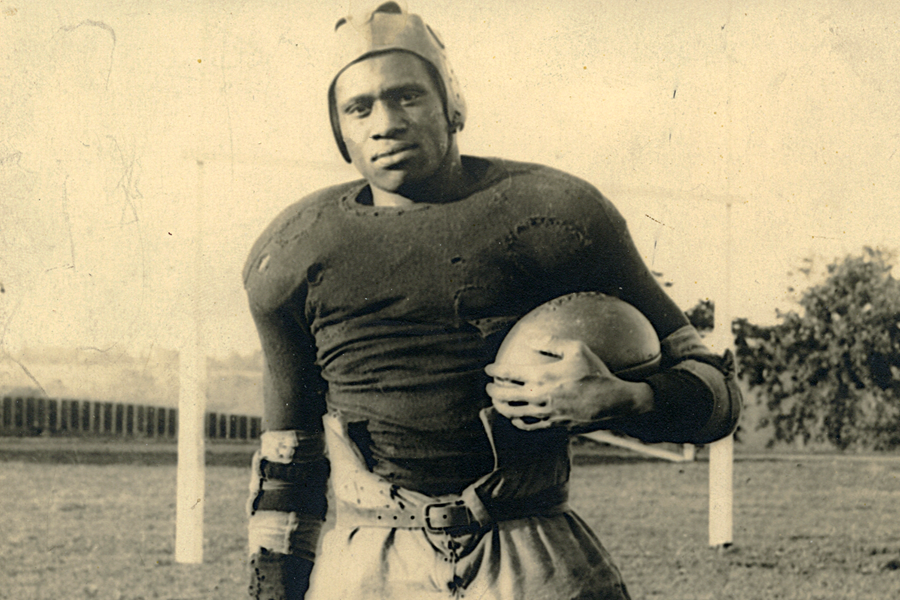
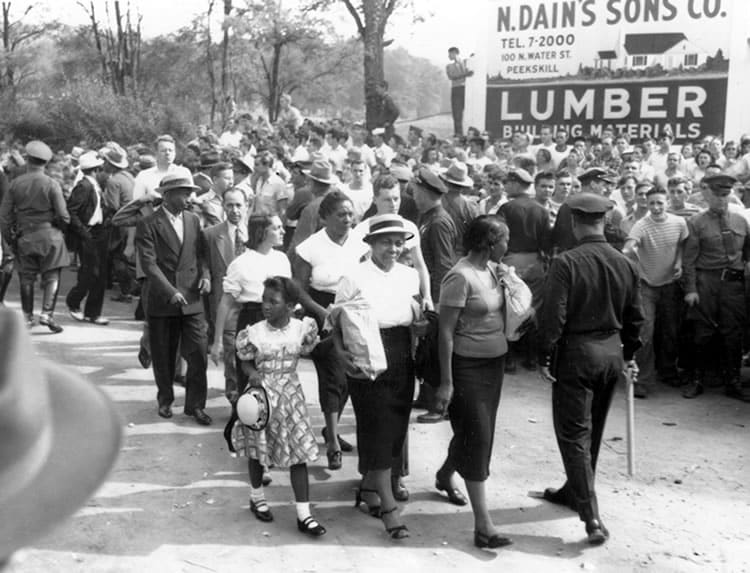
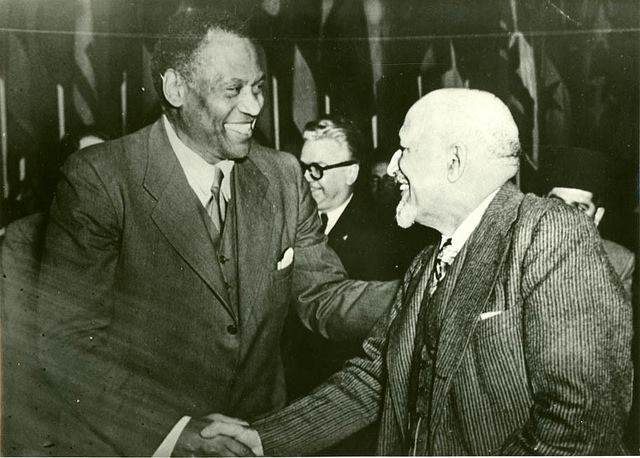





Twitter
Google plus
LinkedIn